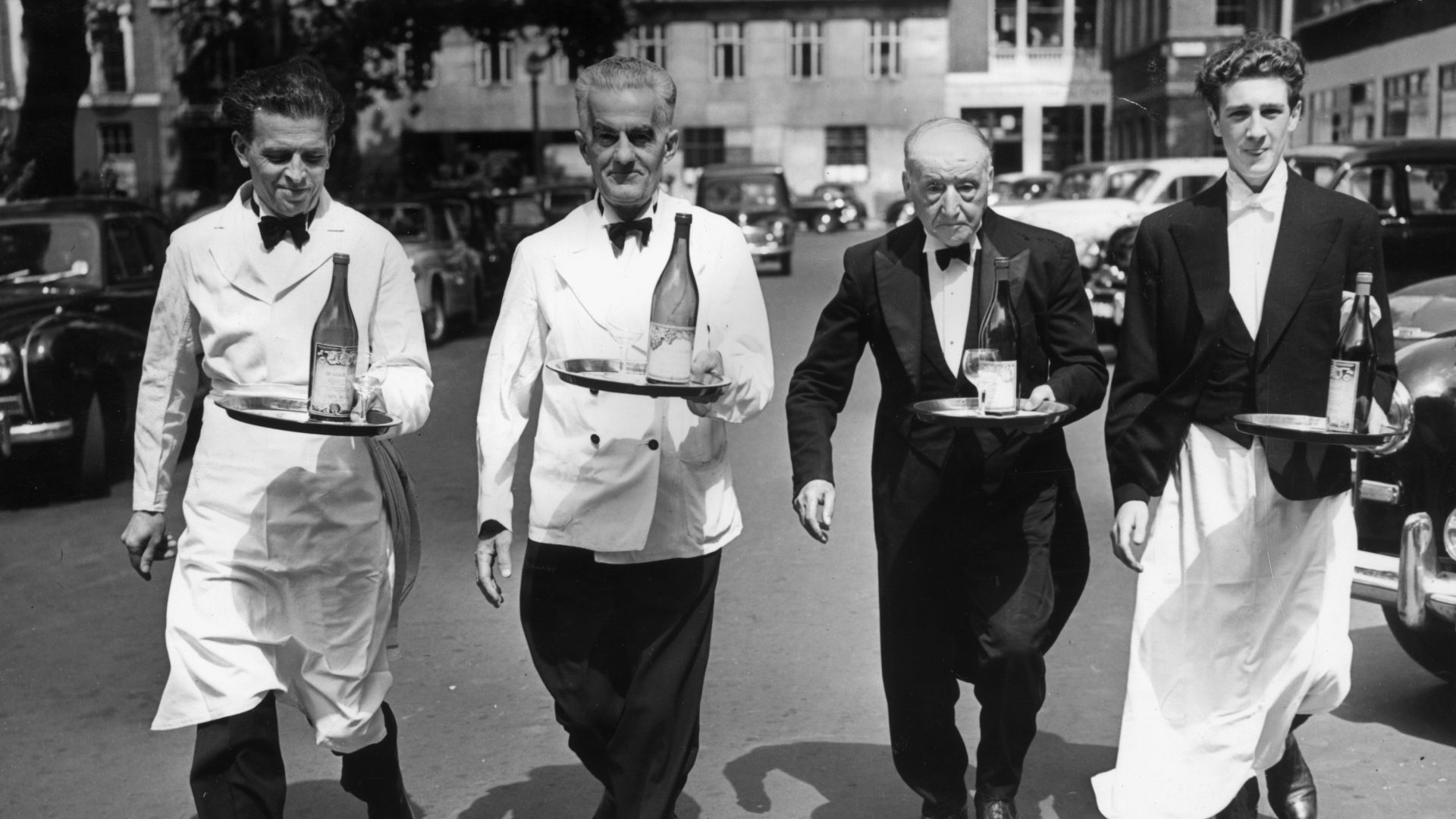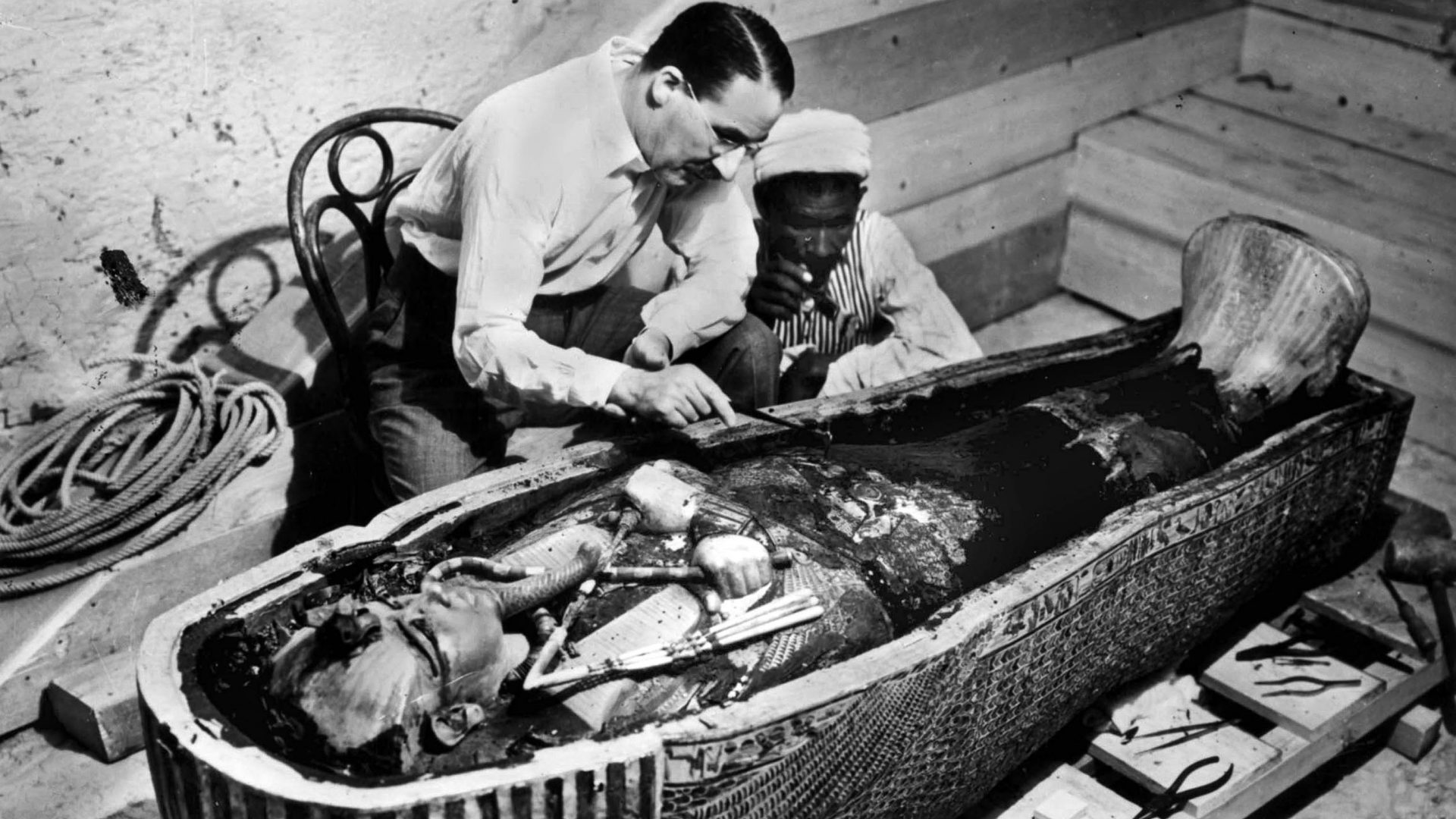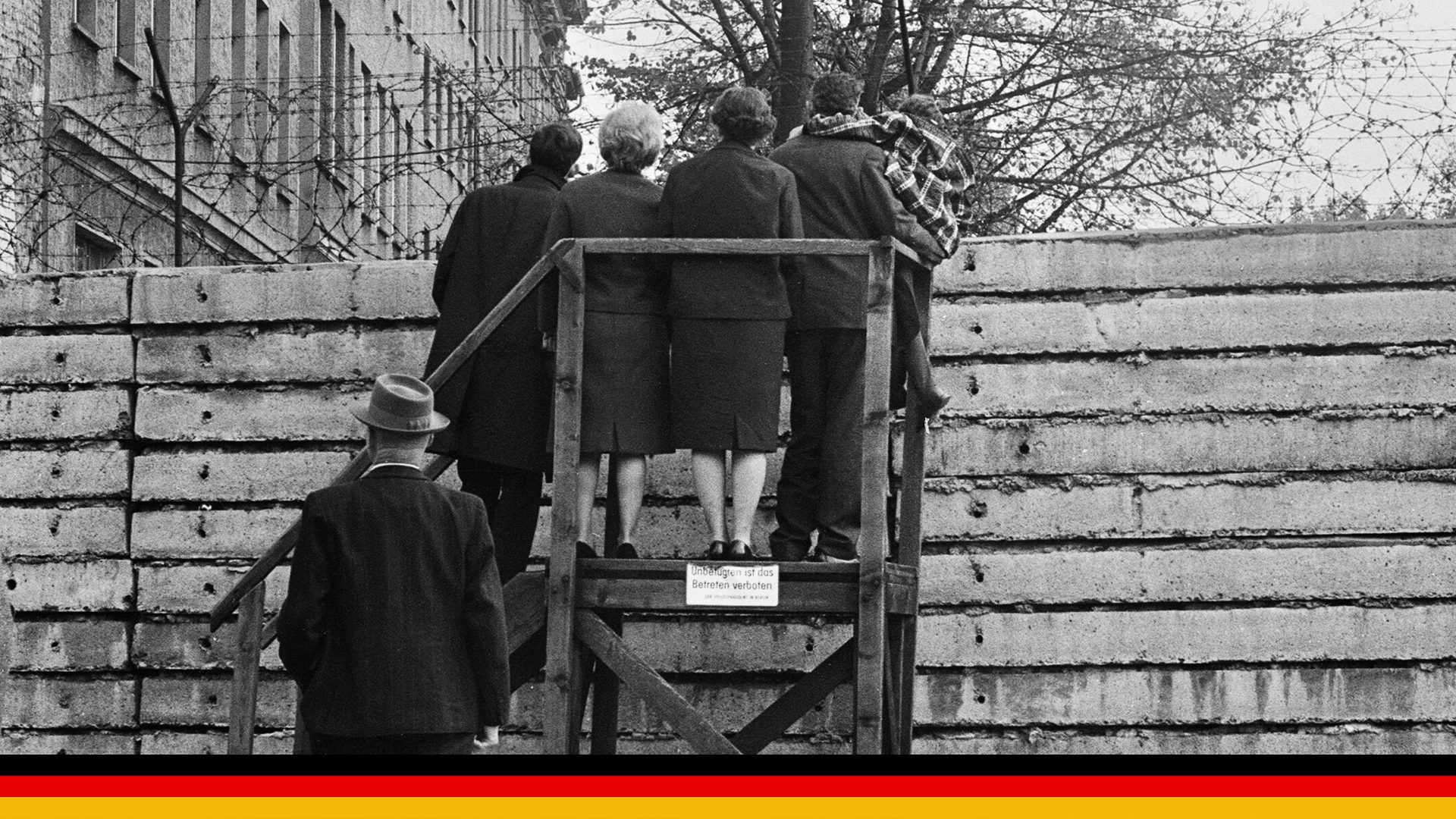I have been to some depressing business events in my time, but a hospitality industry conference in central London the week after the EU referendum sticks in my mind. Here was an industry that had been dependent on large numbers of keen, eager, flexible and hard-working young immigrants to fill its ranks for years, suddenly realising that it had been mugged.
Even then it was clear that the ideal solution – staying in the single market, which would have softened any blow by allowing freedom of movement to continue – was off the table. The consequences were obvious and so during my talk, just out of interest, I asked for a show of hands to see how many people had actually voted for Brexit. Only one woman admitted that she had.
I pointed out to her that her industry and company relied on EU staff and she agreed, but said that she wanted British people to be trained to do the work instead. A fair point, you might think, but when I asked her how much she was willing to spend training British workers to replace EU citizens she said this: “Nothing. That is the government’s job”.
At the time, it seemed an unwise hope to stake your business on. But what has transpired since has been even worse than my low expectations. The government has not trained young Brits for the hospitality game. In fact it has sat on its hands and done nothing. It even seems to believe that a shortage of workers is not a problem for hospitality, or even the wider economy.
Decimated by Covid and now with massive hikes in energy prices, the hospitality industry has faced a triple whammy. Brexit has destroyed its business model and the government has done nothing to help. For such a hugely labour-intensive industry this is a disaster. One in 10 positions are empty. Hospitality has lost well over 120,000 EU workers and the gaps that is causing are perfectly evident on every high street.
Just try to remember the last time you walked past a bar, restaurant, café or pub and there wasn’t a sign saying that they were hiring.
You might accuse the industry of being lazy and over-reliant on cheap foreign labour, but the fact is that there are just not enough British people willing and able to do the work.
This is a pity, because although the industry does need a lot of chambermaids, cleaners and kitchen porters, there are also plenty of careers in hospitality. Training to be a professional chef, a hotel manager or a sommelier can and does lead to excellent prospects, good pay, the chance to work around the world and, of course, the opportunity to set up your own business and thrive.
But the fact is that it is on the continent that you are far more likely to find hotel colleges, or university courses on restaurant management, and that is where being a waiter is considered a worthwhile career. That created a great pool of talent that, in other times, the UK sector could rely on.
Kate Nicholls, chief executive of industry lobbying group UKHospitality, told me: “Pre-Covid, 25% of our workforce was non-UK Hospitality’s hospital pass nationals, split equally between Europe and the rest of the world. We were one of the sectors of the economy that did not proactively recruit from abroad, we recruited locally but it was non-UK workers who were coming forward.”
That pool of talent was already diminishing after Brexit, but during Covid many continentals went home and didn’t come back. The UK government has set up a visa system to replace the pool of workers that free movement used to make available for free, but Nicholls knows it is far too complicated and expensive.
“It can cost anything between £5,000 and £10,000 per worker to be able to get a visa to come into the UK, and for many small businesses that is cost-prohibitive,” she said. “There is too much red tape, too much cost and it could be made to work much more effectively.”
Not only that, but the visa system means only well-paid workers can be hired. They have to have A-levels or even higher qualifications and pass a language test. That means that often where the shortage is most dramatic – say for kitchen porters – there is no way that the visa system can work for the industry. And even at the level of executive chef, or restaurant manager, £10,000 extra just to recruit someone is a real deterrent.
Matt Snell is head of Gusto Italian, a restaurant chain with 13 sites across the country. He is just preparing for its 14th, which is due to open in Oxford this December, but he is facing a crisis. After the huge blows of Covid and now much higher food and energy bills, his company is also facing a shortage of workers that is really hurting the business. “We are at crisis point,” he told me. “This summer we were so short of back-of-house staff that we were having to shut restaurants completely or partially, or change the menu offering, and that cost us over half a million pounds of sales, because we did not have enough chefs in our business.”
There is no prospect of this improving soon. Snell’s company is now training 20 chefs it recruited in India, but the visa system means he is paying what he calls a “stealth tax” to hire them.
For a chain of restaurants that is keen to expand this is crippling, making everything more difficult and expensive. His new Oxford site is due to open in a few weeks and yet so far he just can’t find the staff. “We are looking to recruit 20 chefs and 10 kitchen porters, people who wash the pots and empty the bins. Currently we have no kitchen porters, we have not recruited one, we have had no applications and we have found just six chefs,” he said. “We went to the Job Centre in Oxford, they have not sent us one applicant for a kitchen porter job. It is a totally unskilled, full-time role that would probably earn £25,000- plus. They haven’t found us anybody.”
In a sense that is not surprising. For the first time since records began there are now more job vacancies in the UK than there are people looking for work. That is creating problems for many industries, but hospitality is one of the worst affected as EU workers continue to flee the industry and the country.
A lot of those EU nationals were also the most flexible and readily available workers. Remember, the hospitality industry is not just hotels, bars, cafes and restaurants. There is a whole sub-sector that needs thousands of staff at the drop of a hat. Wedding venues, conferences, awards dinners, sporting events, corporate awaydays, book launches, and black-tie events the length and breadth of the UK need chefs, waiters, bar staff, cleaners and security guards in their hundreds, and they need them for a few hours once or twice a week. To supply that you need a large pool of people with experience and, most importantly, the willingness to put in an extra evening’s work on a cold, wet Wednesday, normally on top of their day job.
The UK workforce has also shed a huge number of people because of Covid, early retirement and long-term health issues, which means that cutting the available pool of talent further by ending free movement has been the exact opposite of what the country needed. The cost is enormous, and it is hitting every sector, but Nicholls knows the grim figures for her sector. She said: “We just have insufficient people in the labour market able to work to fill all the vacancies. Half of our businesses report they are having to restrict opening hours, capacity or occupancy, turn away bookings just because they don’t have access to the staff they need. We are forgoing about £22bn worth of revenue per year and the government is losing £7bn a year in tax.”
All those closed cafes, empty pubs and unprofitable restaurants add up to serious long-term irreversible economic damage for the whole British economy. For a government struggling to balance the books and fill the black hole in its finances, you might imagine all this would make them think again about their policies and the damage they are doing.
But apparently not. It does not seem to care that its own policies, mismanagement, and indifference to the consequences of its actions are costing it £7bn a year in lost taxes, just from the hospitality industry alone. That’s one hell of a hangover.




